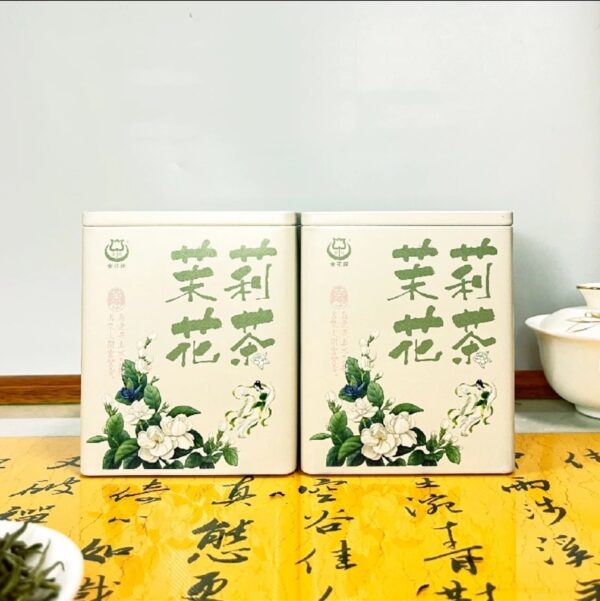
# Jasmine Tea: A Fragrant and Soothing Beverage
The Allure of Jasmine Tea
Jasmine tea, with its delicate floral aroma and smooth taste, has captivated tea enthusiasts for centuries. This fragrant beverage combines the health benefits of tea leaves with the soothing properties of jasmine flowers, creating a drink that delights both the senses and the body.
A Brief History
The tradition of scenting tea with jasmine flowers originated in China’s Fujian province during the Song Dynasty (960-1279 AD). The process was perfected over centuries, with the best jasmine tea still coming from this region today. The tea gained popularity among Chinese nobility before spreading to other parts of Asia and eventually the Western world.
The Production Process
Creating high-quality jasmine tea requires careful craftsmanship:
- Tea leaves (typically green or white) are harvested in spring
- Jasmine flowers are picked at night when their fragrance is strongest
- The flowers are layered with tea leaves to allow natural scent absorption
- The process may be repeated multiple times for stronger aroma
- Finally, the flowers are removed, leaving only their essence in the tea
Health Benefits
Jasmine tea offers numerous health advantages:
- Rich in antioxidants that combat free radicals
- May help reduce stress and promote relaxation
- Contains compounds that support heart health
- Can aid digestion after meals
- May boost metabolism and support weight management
Brewing the Perfect Cup
To fully enjoy jasmine tea’s delicate flavors:
- Use fresh, filtered water heated to 175-185°F (80-85°C)
- Steep 1 teaspoon of leaves per 8 oz cup for 2-3 minutes
- Avoid oversteeping to prevent bitterness
- Enjoy plain or with a touch of honey for sweetness
Varieties to Explore
Keyword: jasmine tea
Jasmine tea comes in several delightful forms:
- Jasmine Pearl Tea: Hand-rolled leaves that unfurl during brewing
- Jasmine Silver Needle: Made with premium white tea leaves
- Jasmine Green Tea: The most common and accessible variety
- Jasmine Oolong: A partially oxidized tea with complex flavors
Cultural Significance
In Chinese culture, jasmine tea symbolizes purity and grace. It’s often served at important occasions and used in traditional Chinese medicine. The tea’s calming properties make it a popular choice for meditation and relaxation practices throughout Asia.
Whether you’re seeking a moment of tranquility or simply want to enjoy a beautifully aromatic beverage, jasmine tea offers a sensory experience that has stood the test of time. Its harmonious blend of floral notes and tea essence continues to win hearts around the world.